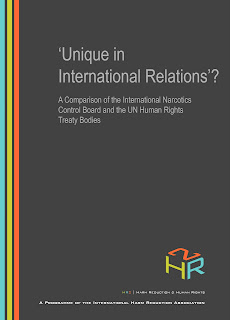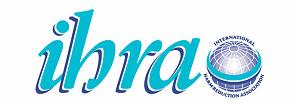 The International Narcotics Control Board (INCB or the Board) plays an important role in the international drug control system, serving as an independent body monitoring states’ implementation of their obligations under the international drug conventions. It has, however, been criticised for being one of the most secretive bodies in the UN system. It holds its meetings behind closed doors. No minutes are published. There is no opportunity for non-governmental organisations (NGOs) or civil society organisations to observe or make submissions.
The International Narcotics Control Board (INCB or the Board) plays an important role in the international drug control system, serving as an independent body monitoring states’ implementation of their obligations under the international drug conventions. It has, however, been criticised for being one of the most secretive bodies in the UN system. It holds its meetings behind closed doors. No minutes are published. There is no opportunity for non-governmental organisations (NGOs) or civil society organisations to observe or make submissions.
The INCB has claimed that it is ‘unique in international relations’, and has used this allegedly unique status to justify its exclusion of civil society from its deliberations and its closed meetings. However, far from being unique, the INCB is instead an early example of the ‘independent committee of experts’ model that has been adopted and developed within the UN human rights system, and regional human rights systems, over the past four decades. It is a common model that continues to be used today. Yet in contrast to these similar bodies, the INCB has failed to modernise its processes, and retains working practices inherited from defunct monitoring bodies.
This report analyses the structure, legal status, mandate and activities of the INCB and compares them to the UN Human Rights Treaty Bodies. It questions the Board’s claim that its must by mandate operate in secret and to the exclusion of civil society and it concludes that the Board is not bound by law or mandate by the working methods it has chosen and that it can look to other similarly constituted bodies in the UN system for guidance on civil society engagement and transparency.
Tuesday, 19 February 2008
IHRA criticises INCB working practices in a new report
Labels: civil society, INCB, United Nations
Subscribe to: Post Comments (Atom)



0 comments:
Post a Comment